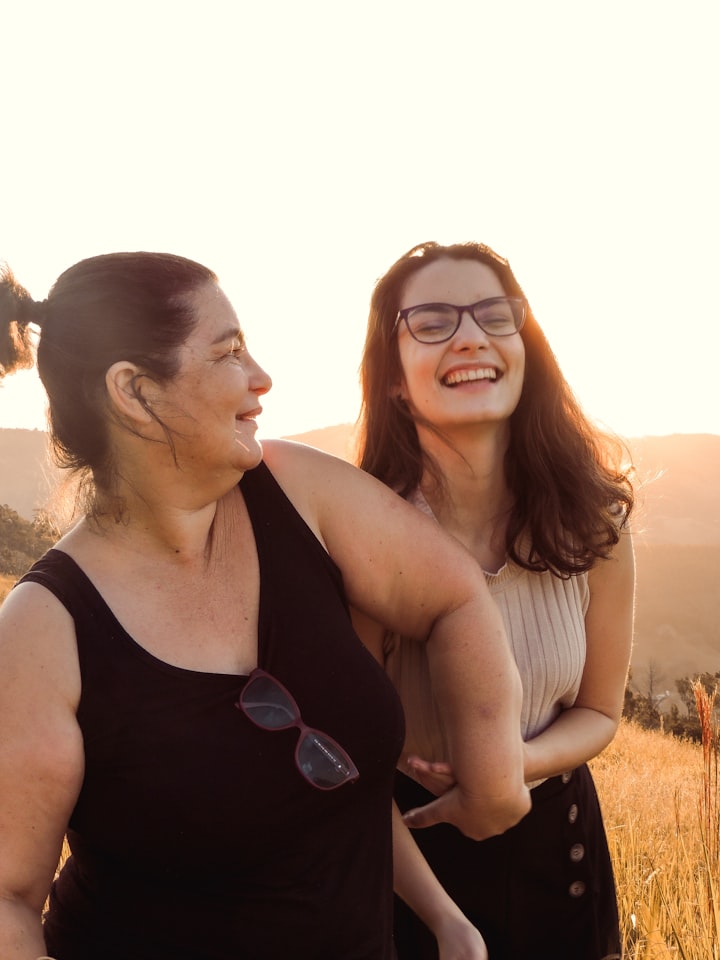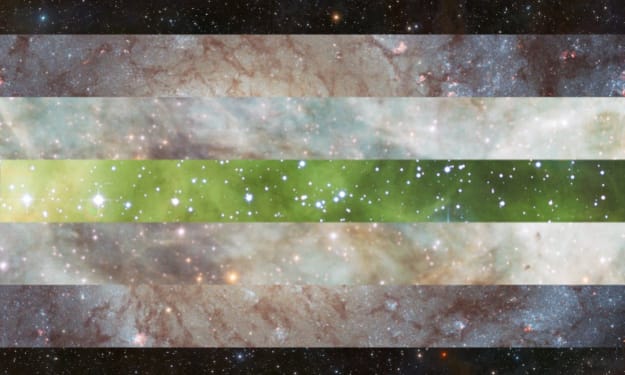Read These Books To Understand LGBTQIA+ Struggles
These books will help you learn about their past battles in the US

These people have a whole month dedicated to themselves. They are getting enough rights, alright! Anyway, what do they even have to cry about so much?
My heart breaks when I read such comments. But during this month every year, many people have these exact thoughts. All they see are the pride rallies, rainbow flags, glitters, and people celebrating. And they develop petty opinions about the people and their lives.
Pride month is a celebration, but it is also about reflection and acceptance. It’s a time when the community celebrates its sexual orientation. They have had to fight for the fundamental rights which many of us enjoy. This month they get to celebrate their recognition.
We as a society still have a long way to go, but we can start by feeling even an ounce of what they have endured. This month, we can come out of our shells and pitch in for the fight for equality. These six books have given me a glimpse of their feelings and their struggles.
1. The Stonewall Reader by New York Public Library

The book was published in 2019, which is the 50th anniversary of the Stonewall uprising. It centers around the riots which started when the police grew violent in Stonewall, New York. This event is one of the most important events leading to gay liberation and the fight for LGBT rights.
This book spotlights prominent figures such as Sylvia Rivera and Marsha P. Johnson. It is a collection of interviews of people involved in the Stonewall riots. Every interview shows the movement through a different lens. The book is in three parts: before, during, and after Stonewall.
The interviews before the uprising are my favorite of the three. These describe the attitude of the community as well as the general public before the event. The book is very well organized and the closest personal account we can get of the uprising.
If you plan on reading this, I would recommend the audiobook. You can get to hear many interviews from their original recordings. If you read only one book this month, let it be this one.
2. The Deviant’s War by Eric Cervini

People think the gay rights movement began with the Stonewall uprising, but that’s not so. The Deviant’s War points to the fact that the battle started over a generation before that.
This book is a biography of activist Frank Kameny. He was living an extraordinary life as an astronomer in the U.S. Defence Department. But, in 1957, the Department believed him to be gay and summoned him to Washington. They humiliated him and dismissed him from the job. After getting his life upturned, Frank fought for the rights of the LGBT for the rest of his life.
This book answers many important questions we could have on the fight for equality. It shows what the gay freedom movement looked for the Black and women’s civil rights. This book doesn’t idolize Frank but shows his flawed yet real fight. The author Eric has read over 40000 documents to create an accurate picture of Frank’s struggle.
The Deviant’s War is an essential book as it gives an insight into an unknown story. Anyone who wants to learn about the early stages of the LGBT rights movement in the US should give this a read.
3. The Gay Revolution by Lillian Faderman

The Gay Revolution is another collection of interviews, biographies, and archived researches. Lillian presents an overview of how America has evolved over almost eight decades.
The book talks about the challenges faced by the community from the 1950s until the present. It explains the events that have led to the significant movements in the US. It doesn’t skip through anything. The book speaks about gay liberation during the 70s. It also describes the AIDS crisis in the 80s, the fight for marriage rights, and many such vital struggles.
The book isn’t filled with the facts in a documentary fashion. Instead, the author has written it in a storytelling manner that is quite engaging. She connects the stories of individuals with a broader view of the movement. The stories are so appealing that the boring court proceedings are also readable.
The book is a bit long, and it took me over a month to read. But it could be the one you read to get an overview of the history of the community’s fight.
4. Real Queer America by Samantha Allen

In the book, Samantha starts on a road trip from Utah to the Deep South.
She stops at many points where we see the queer community working for change. Throughout the book, she blends the interviews and research with her personal experience.
Most of the books we read focus on the people living in a liberal state. But the individuals have created their lives in many conservative societies too. The stories in this book are of the people who refuse to back down. They have managed to live in the states where the laws discriminated against them. Even though it wasn’t safe to be there, they endured because they expected change to come.
The book tells us that the rates of suicide in such states are very high. A significant factor in these suicides in Utah is the anti-LGBT laws prevalent there. The communities have created an almost safe space for themselves in the areas.
I loved reading this as an ally. But my queer friends cried while reading a few stories. They confessed they felt understood. I would recommend this to someone who wants to know a personal view on queer lives.
Final Thoughts
This list is in no way a complete representation of the struggles of the community. The books offer us accounts of the oppressions the people had to face in the past. These give us the reasons why we need to celebrate Pride month. Whatever minor changes we see today are the result of the many fights our ancestors had fought.
LGBT rights in the US have evolved. But the fight isn’t over yet. Even now, we see people discriminate based on sexual preferences. They humiliate them or laugh at their mannerisms.
We owe it to ourselves to understand what our friends have gone through. We need to know the past to continue our fight towards complete liberation.






Comments
There are no comments for this story
Be the first to respond and start the conversation.